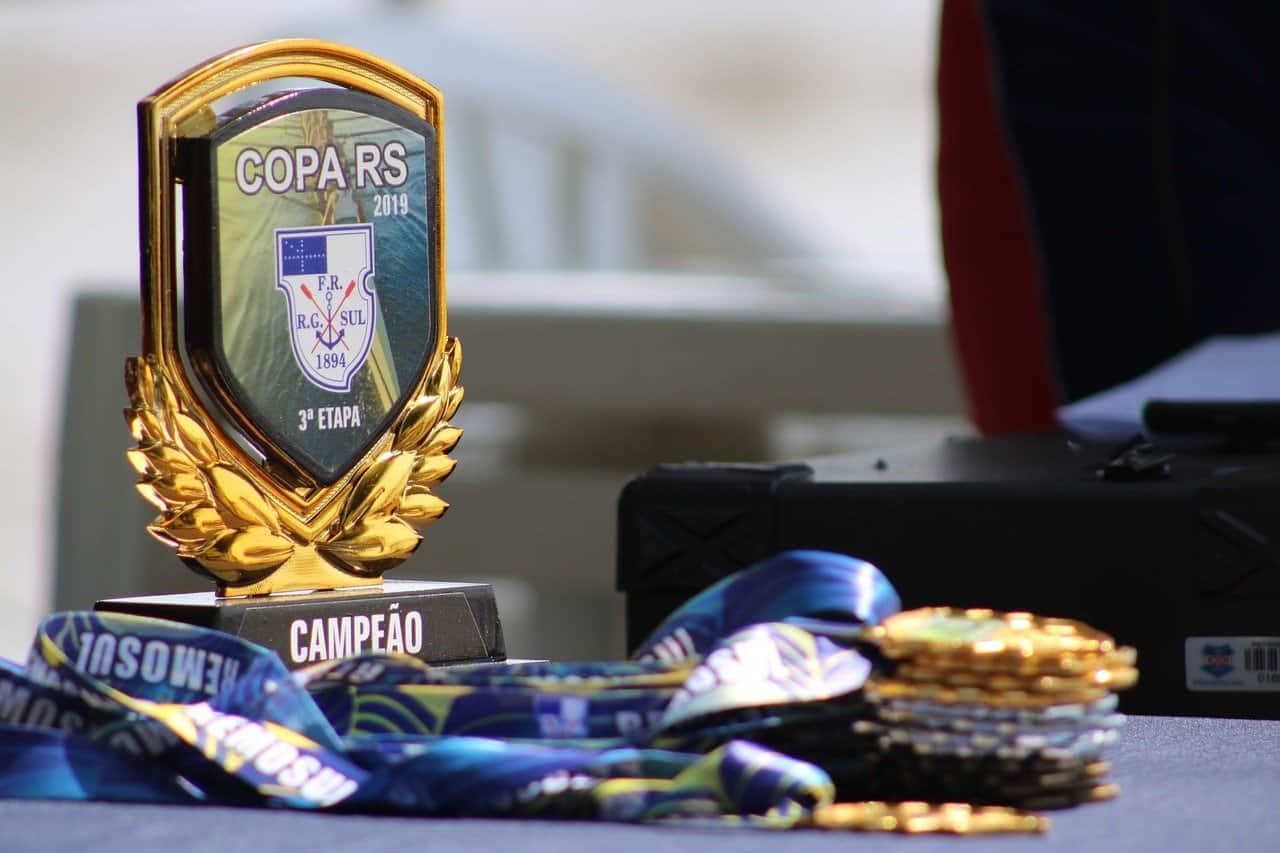Sports Leadership
So, you think leading a sports team is just about yelling orders and looking tough? Think again. Sports leadership goes beyond that. It’s about inspiring and motivating your team to perform at their best, making strategic decisions, and communicating effectively.
In this introduction, we’ll explore the qualities of a great sports leader, the importance of communication in sports leadership, and the impact it has on team performance.
Get ready to dive into the world of sports leadership and discover what it really takes to lead a winning team.
Key Takeaways
- Emotional intelligence is a crucial quality for a great sports leader, as it helps in understanding and managing emotions of oneself and team members.
- Communication plays a significant role in sports leadership by building trust, enhancing team cohesion, improving performance, resolving conflicts, and motivating team members.
- Strategic decision-making is essential for optimizing team performance, understanding team dynamics, analyzing options, and selecting the best course of action for the team while considering short-term gains and long-term objectives.
- Motivation and inspiration are vital in sports leadership, as they involve cultivating mental toughness, challenging individuals to push their limits, encouraging open communication and support, leading by example, and fostering a culture of resilience and determination.
Qualities of a Great Sports Leader
As a sports leader, your ability to inspire and motivate your team is crucial for success on and off the field. One key quality of a great sports leader is emotional intelligence. Understanding and managing your own emotions, as well as those of your team members, is essential for creating a positive and productive team environment. By being aware of the impact of your words and actions, you can foster trust, empathy, and effective communication within the team.
Another vital quality is fostering team unity. A great sports leader knows how to bring individuals together to work towards a common goal. Building a cohesive and supportive team not only enhances performance but also creates a sense of belonging and camaraderie. Encouraging teamwork, celebrating each other’s successes, and offering support during challenges are all integral to establishing strong team unity.
Importance of Communication in Sports Leadership
Effective communication is key to successful sports leadership, ensuring that you convey your vision and expectations clearly to your team. In the fast-paced and dynamic environment of sports, effective communication is essential for fostering teamwork dynamics and achieving peak performance. As a sports leader, your ability to communicate clearly and authentically directly impacts the cohesion and success of your team. By utilizing open and honest communication, you can build trust, motivate your team, and resolve conflicts efficiently.
| Benefits of Effective Communication |
|---|
| Builds Trust |
| Enhances Team Cohesion |
| Improves Performance |
| Resolves Conflicts |
| Motivates Team Members |
When you communicate effectively, you create an environment where every team member feels valued and understood. This fosters a sense of unity and common purpose, leading to improved teamwork dynamics and ultimately, better results on the field. By actively listening to your team, providing constructive feedback, and articulating your vision, you inspire and empower your athletes to perform at their best. Remember, effective communication is not just about speaking; it’s about creating an environment where every team member feels heard and respected.
Strategic Decision-Making in Sports Leadership
To excel in sports leadership, you must strategically make decisions that optimize team performance and drive success. The decision-making process in sports leadership is crucial for achieving team goals and fostering a winning mentality. It requires a deep understanding of your team dynamics, individual strengths, and weaknesses. Every decision you make should be aimed at maximizing the potential of each team member and aligning their efforts toward a common objective.
Strategic decision-making involves analyzing various options, considering potential outcomes, and selecting the best course of action that will benefit the team as a whole. As a sports leader, you must embrace the responsibility of making tough decisions that may not always be popular but are necessary for the team’s overall progress. Effective decision-making involves weighing short-term gains against long-term objectives and evaluating the potential risks and rewards.
Motivation and Inspiration in Sports Leadership
You frequently inspire and motivate your team through your actions and words as a sports leader. Your ability to build a cohesive team is crucial in achieving success.
To inspire your team, focus on cultivating mental toughness through resilience, determination, and perseverance. Challenge them to push their limits and overcome obstacles, fostering a mindset of unwavering commitment to their goals.
Encourage open communication and support among team members, creating a strong sense of unity and trust. Lead by example, demonstrating the qualities of mental toughness in your own actions and decisions.
- Foster a culture of resilience and determination
- Cultivate open communication and support among team members
- Lead by example to demonstrate mental toughness
Motivation is key in sports leadership; it drives individuals to perform at their best and fosters team unity. By inspiring and motivating your team, you lay the foundation for success, strengthening their mental toughness and creating a cohesive unit that can overcome any challenge.
Impact of Sports Leadership on Team Performance
As a sports leader, your influence on team performance is undeniable, shaping their success through your guidance and direction. Your ability to foster team cohesion is crucial for achieving peak performance. Encouraging open communication, mutual respect, and a shared vision among team members creates a supportive and unified environment. By nurturing a strong sense of togetherness, you lay the foundation for improved performance.
Your strategic leadership is pivotal in driving performance improvement. Setting clear and achievable goals, providing constructive feedback, and instilling a winning mindset are essential components of your leadership. Your role in identifying individual strengths and weaknesses within the team allows for targeted development, maximizing overall performance.
Motivating your team to excel is a hallmark of effective sports leadership. Instilling confidence, resilience, and a relentless work ethic empowers your team to push beyond their limits. Your ability to inspire and motivate individuals to perform at their best collectively elevates the team’s overall performance.
Conclusion
You have the power to become a great sports leader. By embodying qualities such as communication, strategic decision-making, and motivation, you can inspire your team to achieve greatness.
Just look at Coach Nick Saban, who led the Alabama Crimson Tide to multiple national championships through his strategic leadership and ability to motivate his players.
You have the potential to make a similar impact in your own sports leadership journey. Keep pushing forward and leading by example.







